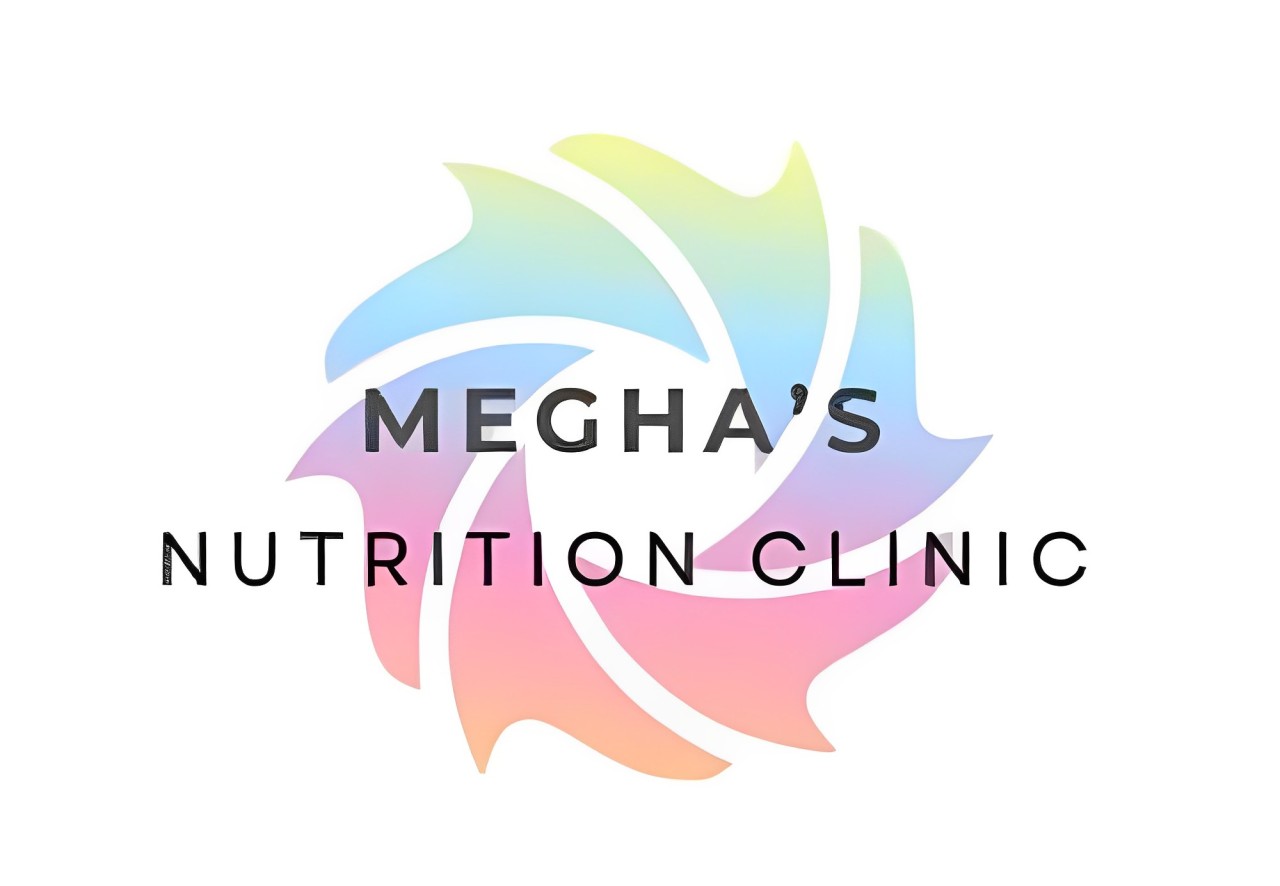As humans, we have evolved to relish a wide variety of flavors, always seeking new and exciting taste sensations. But what happens when we’re faced with dietary restrictions that challenge our cravings for sweetness? Food ingredients have gone a long way in exploring what fits the best and one such sweeteners are Sugar Alcohols These magical compounds not only mimic the sweetness of sugar but also offer a range of advantages that make them a tempting alternative for health-conscious individuals.
What are Sugar Alcohol?
These are carbohydrates, which resemble both sugar and alcohol, are often used as sweeteners in sugar-free products like beverages, ice cream, chewing gums, and jellies. Sugar alcohols offer some advantages over regular sugar, but they also come with their own set of considerations. Let’s delve into the pros and cons of sugar alcohols, helping you make informed choices about their consumption.
Why are they added to the food?
Some sugar alcohols occur naturally in fruits and vegetables, many are derived from other sugars like cornstarch. Food manufacturers use sugar alcohols to enhance sweetness and flavor in products while still being able to label them as “sugar-free.” These versatile compounds also contribute to moisture retention and texture in various foods. Sugar alcohols offer a convenient way to enjoy sweetness without the guilt.
Pros of Sugar Alcohols:
- Fewer Calories: They provide calories and are slightly less sweet. Some contain zero calories, while others have about one-third to one-half the amount of calories as sugar. This means they do not provide the body with as much energy in the form of calories as regular sugar does. While the exact calorie content varies depending on the type of sugar alcohol.
- Reduced Impact on Blood Sugar: Sugar alcohols are not completely absorbed into the bloodstream like regular sugar is. This gives them a lower glycemic index, which means they won’t raise blood sugar levels as much as regular sugar does.
- Dental Health Benefits: Some sugar alcohols, such as xylitol, have been shown to have a positive impact on dental health. Unlike regular sugar, sugar alcohols do not promote tooth decay and can even help prevent cavities. Xylitol, in particular, has been found to inhibit the growth of bacteria that cause dental plaque and cavities.
Cons of Sugar Alcohols:
- Laxative Effect: Sugar alcohols can have a laxative effect, especially when consumed in excessive amounts. They are not fully absorbed in the small intestine and can draw water into the large intestine, leading to diarrhea. This effect varies among different sugar alcohols, with some causing more pronounced digestive issues than others. It is essential to consume sugar alcohols in moderation to avoid discomfort. If you are sensitive to sugar alcohols or have a preexisting digestive condition, it is advisable to limit your intake or choose alternative sweeteners.
- You can still gain weight: Like with any food, overeating foods with sugar alcohols may contribute to weight gain as they still contain some calories and carbohydrates. Also, the products that contain this ingredient might be high in fats such as ice creams, baked products, chocolates, candies, fudges etc.
- Glycemic Response: While sugar alcohols have a reduced impact on blood sugar levels compared to sugar, different sugar alcohols have varying glycemic index values. For example, erythritol has a negligible impact on blood sugar, while other sugar alcohols like sorbitol and mannitol may still cause a moderate glycemic response. Individuals with diabetes should monitor their blood sugar levels and consult with a healthcare professional for guidance.
| Type of Sugar Alcohol | Calories per gram | Approximate Sweetness (Sucrose=100%) |
| Sorbitol | 2.6 | 50-70% |
| Xylitol | 2.4 | 100% |
| Maltitol | 2.1 | 75% |
| Isomalt | 2.0 | 45-65% |
| Lactitol | 2.0 | 30-40% |
| Mannitol | 1.6 | 50-70% |
| Erythritol | 0-0.2* | 60-80% |
| Hydrogenated starch hydrolysate | 3.0 | 25-30% |
Because there’s not enough research regarding the safety of sugar alcohols for children, it’s recommended that you don’t give children any foods containing them.
As with any dietary decision, it’s crucial to listen to your body and make choices that align with your individual needs and preferences. Whether you opt for sugar alcohols or explore other sweetener options, maintaining a balanced and mindful approach to your overall nutrition is essential for your well-being.
